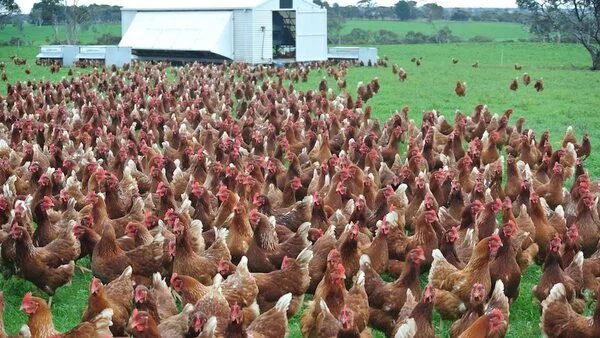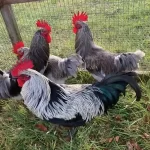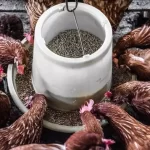Kienyeji chicken farming can indeed be a viable and rewarding career option for individuals who are passionate about agriculture, animal husbandry, and sustainable food production. Here are some key points to consider if you're thinking about pursuing Kienyeji chicken farming as a career:
- Growing Demand
- Profit Potential
- Low Initial Investment
- Sustainability
- Job Creation
- Skills Development
- Market Research
- Training and Education
- Business Planning
- Regulations and Compliance
- Market Access
- Diversification
- Growing Demand: There is a growing demand for organic and indigenous chicken products in many markets. Consumers are increasingly looking for healthier and more sustainably produced food options, making Kienyeji chicken a popular choice.
- Profit Potential: When managed effectively, Kienyeji chicken farming can be a profitable venture. Indigenous chicken breeds are hardy, and their meat and eggs can fetch higher prices in the market compared to commercial breeds.
- Low Initial Investment: Compared to some other agricultural ventures, starting a Kienyeji chicken farm can require relatively low initial capital. This makes it accessible to a wide range of individuals.
- Sustainability: Indigenous chicken breeds are well adapted to local conditions, requiring less intensive care and fewer external inputs. This can lead to more sustainable and eco-friendly farming practices.
- Job Creation: Kienyeji chicken farming can create job opportunities in rural areas, contributing to local economic development and food security.
- Skills Development: Pursuing a career in Kienyeji chicken farming can allow you to develop a wide range of skills, including animal husbandry, marketing, and business management.
- Market Research: Before starting, conduct thorough market research to understand the demand for Kienyeji chicken products in your region and identify potential competitors. This will help you develop a solid business plan.
- Training and Education: Consider enrolling in training programs or workshops on poultry farming to gain knowledge and practical skills. Networking with experienced farmers can also be valuable.
- Business Planning: Develop a detailed business plan that outlines your goals, budget, marketing strategy, and operational procedures. A well-thought-out plan can increase your chances of success.
- Regulations and Compliance: Be aware of local regulations and compliance requirements related to poultry farming, including health and safety standards and animal welfare regulations.
- Market Access: Explore different channels for selling your Kienyeji chicken products, such as local markets, restaurants, and direct-to-consumer sales. Building a strong brand and online presence can also be beneficial.
- Diversification: Consider diversifying your Kienyeji chicken farm by offering related products or services, such as poultry feed, poultry health products, or even agrotourism experiences.
Remember that successful Kienyeji chicken farming requires dedication, continuous learning, and a commitment to high-quality animal care. It's important to start small, gain experience, and gradually scale up your operations as you become more proficient in managing your farm.
Kienyeji Chicken Farming Manual Buy our PDF version of the Improved Kienyeji Chicken Farming Manual Click here to know more about all the Manuals and buy


